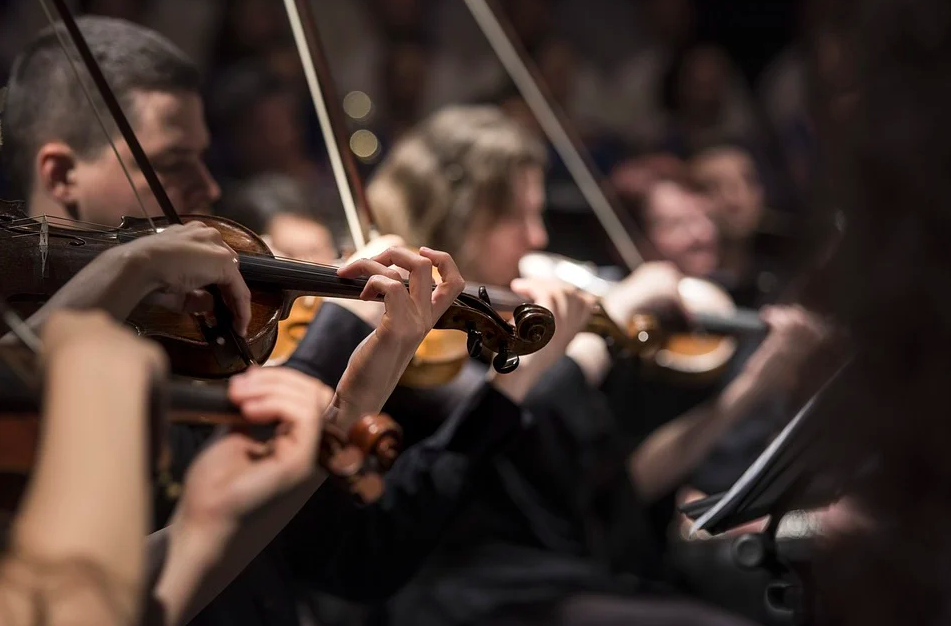Founded by Edward Said and Daniel Barenboim in 1999 as an experiment in coexistence, the West-Eastern Divan Orchestra is a unique enterprise. Since its inception, it has given about 176 public performances across a range of impressive venues such as Royal Albert Hall, Carnegie Hall, and the General Assembly Hall at the United Nations, among others. The orchestra draws together musicians from Israel and Palestine, as well as other Arab countries such as Syria, Lebanon, Jordan and Egypt, to perform music and promote mutual understanding, non-violence and reconciliation. It takes its name from Johann Wolfgang von Goethe’s collection of poems titled West-Eastern Divan, a central work in the evolution of the concept of world culture. The word Divan literally means “the other.”
Against a backdrop where ceasefires repeatedly fail and the Israelis and Palestinians routinely descend into violence, the Divan orchestra provides an alternative way of thinking for the region. It is living, breathing proof of a model in which Arabs and Israelis do come together, even if it is only for a musical expression of solidarity.
However, it is not some kind of idealistic place totally divorced from the reality of strife. There is plenty of disagreement within the ranks as hundreds of Arabs and Israelis participate in daily discussions and debates about the conflict. The Divan orchestra is not merely a musical project but a human project. It allows individuals who had only interacted with each other through the adversarial prism of war to live and work together as equals. As Boris Kertsman, an Israeli trumpeter with the orchestra says, “…we had conversations. Little by little, I started seeing the other sides, other aspects, and a fuller picture of the thing.”
The Divan, however, is not a peace project and the people involved do not pretend that they can solve a problem that they can’t, certainly not on their own. But working together awakens the curiosity to listen to the narrative of the other, get to know the other, and try to understand what the other thinks and feels, without necessarily having to agree with it. Breaking down assumptions between young Arabs and Israelis is quite fundamental to creating a context receptive to peace. In this regard, working collaboratively on music for which they share a passion is not a bad place to start. The framing becomes clearer, more personal. Anna, an Israeli musician with Divan says, “When I am playing next to Dana from Syria I don’t think that she is from Syria but that she is my friend Dana.” Evidently, old divides are replaced by new bridges which can help in building the foundation of peace.
Clearly, the ritual of music cannot address issues of injustice in the distribution of material resources or power imbalances between conflicting groups. But, inasmuch as perceptions and identities are central to a conflict, music allows them to transcend the divide by simultaneously allowing individual expression and encouraging a sense of the collective.
The ethos of the West-Eastern Divan Orchestra, in fostering communication in culturally pluralistic “communities,” offers a model for other arenas of engagement and interaction to help counter dysfunctional fractiousness. Admittedly not a solution for all ills, this model of interaction in a unique social space, set aside from normal life, might be useful for catalyzing a constructive engagement between the Republicans and Democrats in the U.S. itself. Rituals such as eating together have a deep and universal symbolic value for humans. Through their socializing and harmonizing role, and by inviting intentional relationships, opening channels for feedback, and shaping new actions, these organic interactions might help re-humanize and reconcile human relationships between members of the two political parties.
Learn more about theWest-Eastern Divan Orchestra: Act Now





